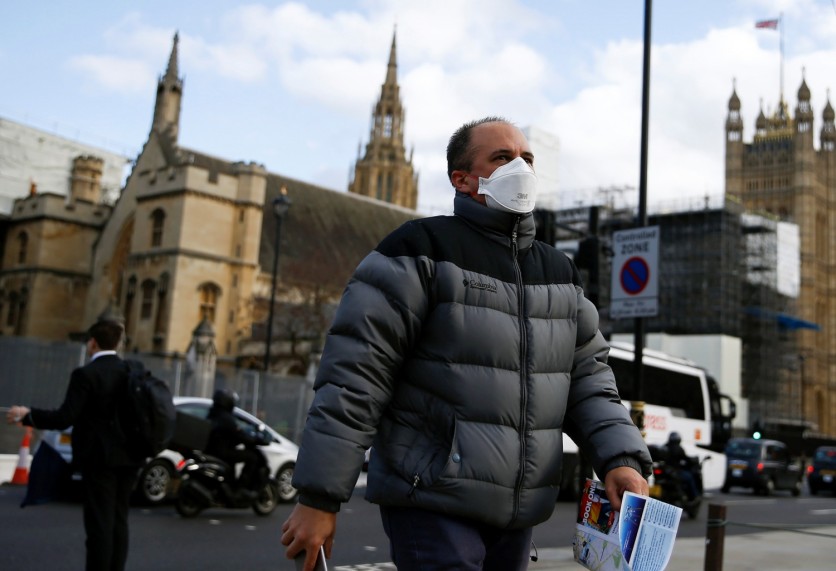
Federally funded tests unveiled that the new novel coronavirus can now live in the air for several hours and on some surfaces for days.
The research, published Wednesday, Mar. 12, said coronavirus particles "up to three hours" on air. Specks of COVID-19, meanwhile, stays alive on plastic and other surfaces for up to three days.
"Our results indicate that aerosol and fomite transmission of HCoV-19 is plausible, as the virus can remain viable in aerosols for multiple hours and on surfaces up to days," research abstract wrote.
Airborne transmission is "theoretically possible"
The test outcomes recommend that humans can be infected by the disease carried through the air or on a solid surface regardless of indirect contact with an infected person.
If the results are accepted, the findings will cause a stark contract to previous media reports telling the virus can't be transmittable outside of direct human contact.
While researchers are not saying there is airborne COVID-19 transmission, study author Neeltje van Doremalen of the National Institute of Allergy and Infectious Diseases said the conditions mentioned above make the passing on of the virus "theoretically possible."
Researchers used a nebulizer tool for the study to place samples of the brand new virus into the air. The procedure imitated what might appear if an infected person coughed or made the virus airborne some different way.
Researchers discovered that virus strain could be detected up to three hours later in the air, as much as 4 hours on copper, as much as 24 hours on cardboard and up to two to a few days on plastic and stainless steel.
Similar outcomes were acquired from checks they did on the virus that brought on the 2003 SARS outbreak, so variations in the durability of the viruses do not account for how widely the new one has spread, researchers say.
Julie Fischer, a microbiology professor at Georgetown University, said the research is a "solid piece of work" that answers questions people have been asking. "[The study] shows the value and importance of the hygiene advice that public health officials have been stressing," she told Los Angeles Times.
ALSO READ : CONFIRMED Coronavirus Disinfectant Brands: Clorox, Lysol, Purell, and Others Verified to Kill COVID-19
Coronavirus in numbers
Confirmed cases of coronavirus infection have reached 121,000 global, with at least 4,300 deaths. The majority of deaths have occurred in mainland China, where the virus deemed to have originated, and Italy, that's experiencing its large-scale outbreak.
The World Health Organization (WHO) declared the coronavirus outbreak an endemic on Wednesday, with officials caution that they were "deeply involved both by the alarming tiers of spread and severity and with the aid of the alarming stages of inaction" through world governments to prevent the sickness from spreading.
Fischer urged the public to wash hands, being aware that people who are infected may be contaminating surfaces and keeping one's face hands-free.
As for the best way to kill the virus, van Doremalen said it's something researchers are currently studying. She added that cleaning surfaces with solutions containing diluted bleach are likely to get rid of the virus.
ⓒ 2026 TECHTIMES.com All rights reserved. Do not reproduce without permission.




